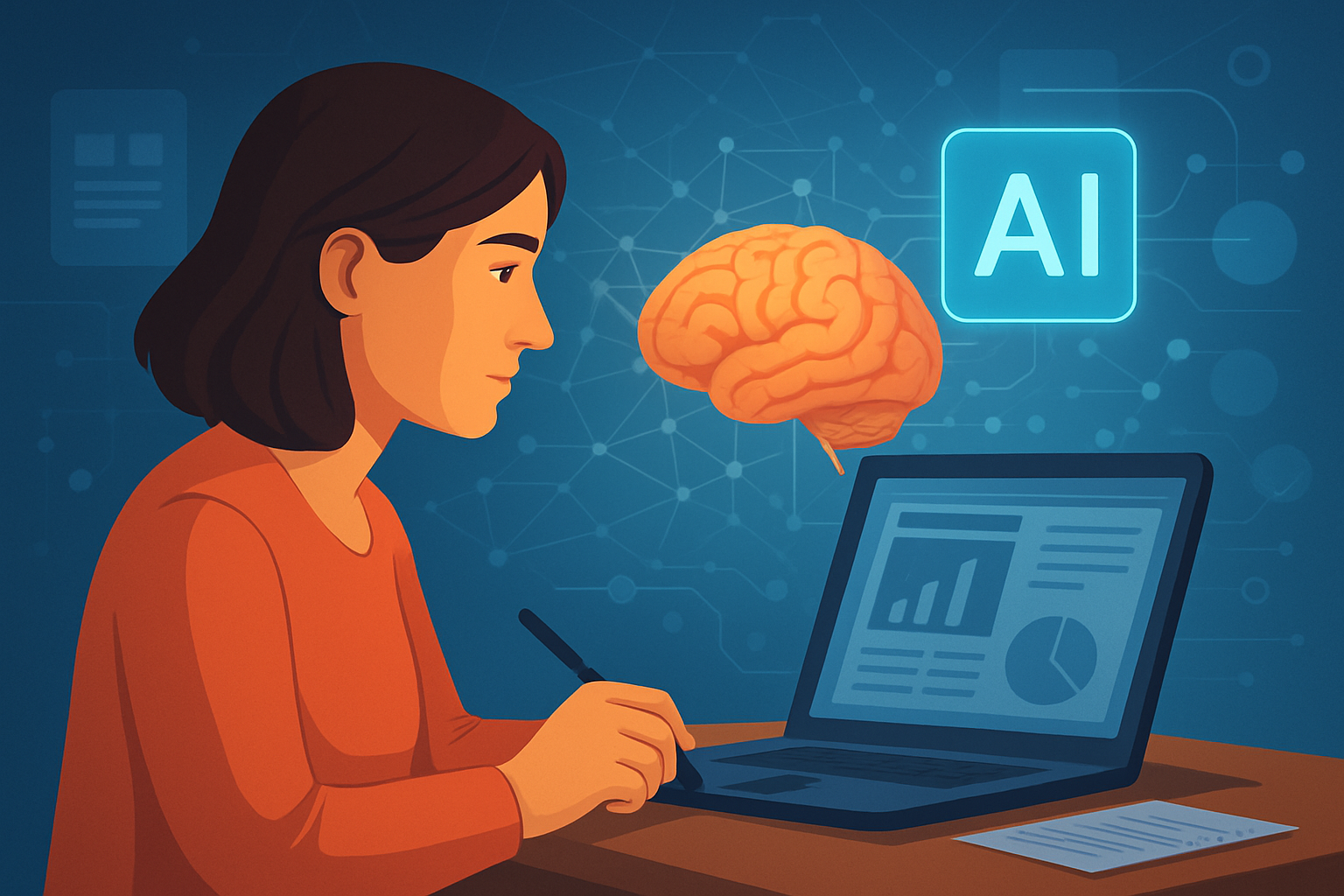Psychology has always explored the mysteries of the human mind: how we think, learn, feel. Today, thanks to artificial intelligence, these questions are the new tools of exploration. The AI is proving to be a powerful ally in psychological research, offering innovative methods to analyze the cognitive processes, and to understand the personality and diagnose disorders, psychopathological.
In research laboratories, the machine learning algorithms are used to process huge amount of data, behavioral and neurological disorders. Through the analysis of the pattern language, facial expressions, eye movements, and physiological reactions, the AI is able to identify correlations that would pass unobserved human. This approach is opening new avenues in the understanding of the cognitive mechanisms underlying memory, attention and reasoning.
An environment that is particularly promising regarding the early diagnosis of psychological disorders. Some systems IA analyzing conversations in text or voice to find the early warning signs of depression, anxiety, or schizophrenia. As we saw in the article “The AI and Neuroscience: in Search of the Mind”the integration between psychology, neuroscience, and AI is revolutionizing the diagnosis, making it possible to intervene before symptoms become debilitating.
Cognitive testing assisted by IA represent another innovative tool. Intelligent algorithms can adapt in real time the difficulty of the tests according to the responses of the patient, providing more precise measurements and customized. In therapy, the use of chatbot psychological, supported by artificial intelligence, allows us to offer a first level of emotional support, especially in contexts where access to specialists is limited.
However, the use of AI in psychology also raises important ethical issues. The interpretation of the emotions, the assessment of the intentions, the attribution of personality traits remain complex and delicate, and require caution. According to an article published by Nature Human Behaviour, if not properly regulated, the systems of IA are likely to introduce bias, stereotypes, or evaluation errors, compromising the reliability of the diagnostic tools. (Source: Nature Digital Medicine, Artificial intelligence for mental health and mental illnesses)
It is therefore essential that the AI is used as a support, not as a substitute of the clinical judgement of the human. The algorithms can extend the capacity of analysis, but only a psychologist can interpret the deeper meaning of the data in the context of the life and personal experience of the individual.
Ultimately, artificial intelligence is opening a new season of psychology: the more data-rich, more attentive to details, able to customize the diagnostic and therapeutic. But the heart of the discipline remains: to understand the human being in his irreducible complexity, in addition to the algorithms, beyond the numbers.
📚 Do you want to learn Artificial Intelligence?
Discover our fundamental articles, ideal for starting or orient themselves in the world of AI:
- What is Artificial Intelligence (and what isn't, really)
- Ethics of Artificial Intelligence: why it concerns us all
- 5 Tools of Artificial Intelligence that you can use immediately
📬 Get the best every Friday
Visit the page Subscribe to our newsletter and choose the version you prefer (English or Italian).
